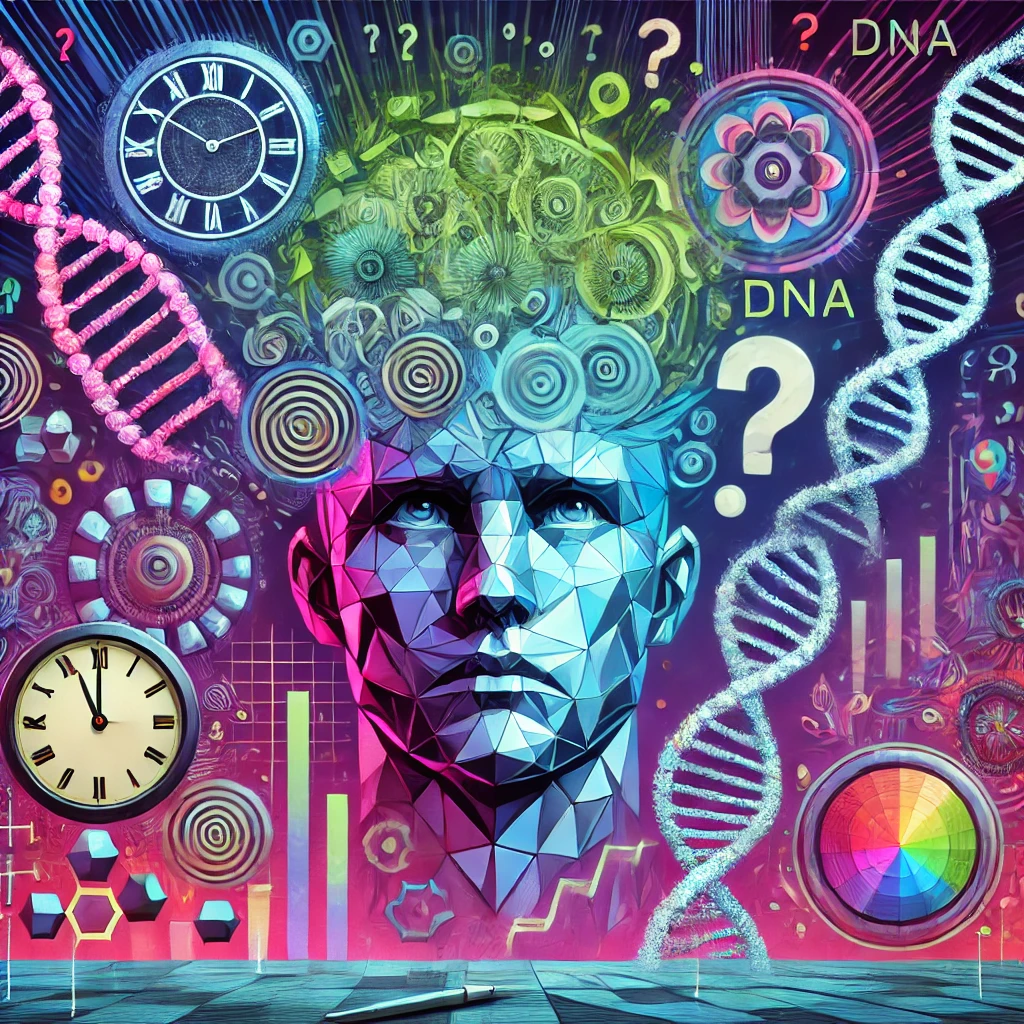GLP-1 Receptor Agonists Like Semaglutide (Ozempic) May Treat Reward System Dysfunction (2024 Review)
GLP-1 receptor agonists (GLP-1RAs) show promise in regulating the reward system and potentially treating motivation and reward-processing disorders. Highlights: Regulation of Reward System Dysfunction: GLP-1RAs influence the brain’s reward system, which is involved in behaviors related to food and substance use. Brain Activation: These agonists affect brain regions differently in individuals ranging from lean to …










